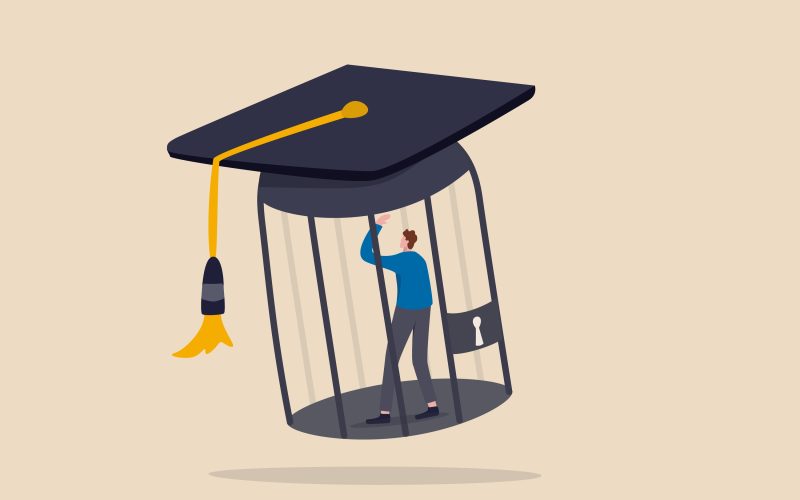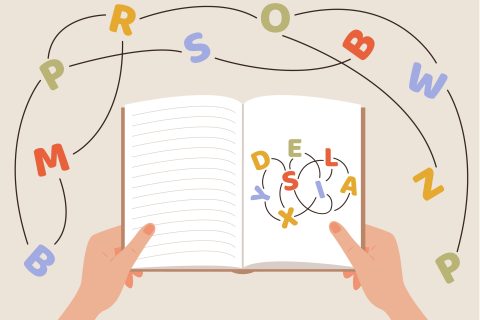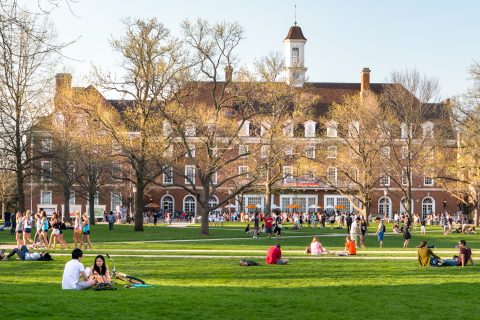A decade ago, a large majority of Americans believed in the value of a college education. More recently, that sentiment has fallen off a cliff. Paul Tough is a contributing writer for The New York Times Magazine, and he joins host Krys Boyd to discuss why only a third of Americans now say they have a lot of confidence in higher education and why the U.S. is an outlier globally when it comes to college popularity. His article is “Americans Are Losing Faith in the Value of College. Whose Fault Is That?”
“The College Wage Premium” doesn’t work anymore
By Shaunessy Renker, Think Intern
Is going to college worth it? This question may seem surprising to some. But when the cost of a bachelor’s degree in the U.S. averages out at a whopping $80,000 per year, this question is one that American families are now asking themselves. Many consider college to be an “investment” in their future, that the profits of their future career will make the expenditure worth it. But can you call it an investment when you will be paying for it for the rest of your life? Well today, only a third of Americans are confident that college is worth the investment.
“If you look at polling numbers from just a decade ago, Americans as a whole were very positive about college,” says Tough. “And just in the last ten years that has really shifted. When they asked young adults whether a college degree is important, a decade ago 74-percent said that it was and now it’s down to 41-percent.”
Back in 2009, a typical college graduate was earning 60-percent more than a typical high school graduate. This benefit of a diploma in higher education is what economists refer to as “the college wage premium.” This term simplifies the way one looks at how much wealth they accumulate over a lifetime, when in reality, college tuition and loans can be a hindrance to the assets one acquires.
“The folks who go to college are earning more, but they have those years at the beginning of their working life where they’re not earning anything,” Tough says. “And they are spending a lot on tuition and increasingly they are going into debt, sometimes debt that lasts and increases over their working life.”
Economists have found that for earlier generations, specifically those born before 1980, that wage premium was functioning the way it was supposed to, and it was paying off. Americans with college degrees were ending their working lives with two to three times as many assets as those with a high school degree.
But for American graduates born since 1980, especially for non-white graduates, this equation has not been working in the same way or at all. For Black graduates born in the 1970s and 80s, the premium was almost non-existent, leaving them with essentially the same assets as high school graduates by the end of their working lives.
The cost of tuition began to skyrocket in the early 2000s due to a governmental shift.
“Starting in the 1970s, governments were investing less in public higher education,” Tough explains. “What institutions came to understand was that if they raised tuition, students would still pay it. As debt became more easily accessible for young people going to college, things just continued to ramp up.”
More and more students now are discovering that paying for college, most likely with money they do not have, is simply not worth it. Economists and American families are reaching the same conclusion: that the decision on whether or not to pursue a degree in higher education is becoming increasingly difficult.





